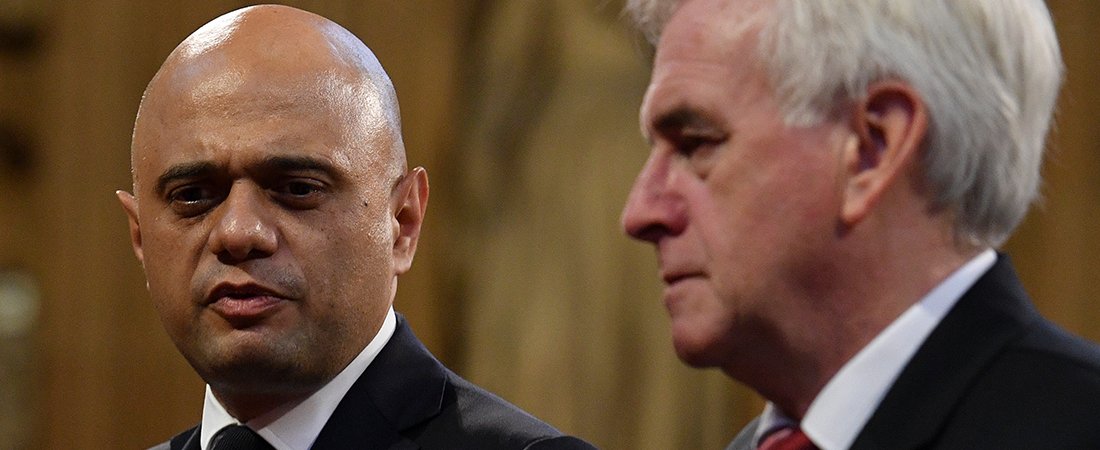In the dramatic days that led to the calling of this General Election, one Cabinet Minister tweeted gleefully that we would now find out “who governs”. They were obviously unaware of the historical context in February 1974 when the voters roared back, “not you”. This election looks just as uncertain.
Two factors underline this uncertainty: tactical voting and the spending pledge arms race.
At every election, wise heads comment sagely that what we have is in fact 650 different elections. But with a few exceptions, the vast majority of voters have historically been influenced by the national message rather than the local one.
The difference at this election is that voters are more engaged than before. That’s what three years of Brexit tribulations will do. There was a time when candidates struggled to find the right topic to kick off a public meeting or talk casually to constituents about in a local pub. But now it feels like everyone has a view on the backstop and the transition period. An engaged voter is likely to look more closely at their candidate – not only on Brexit but also on other topics. This literature is likely to be scrutinised more and their public meetings better attended. All this means that they are more likely to vote tactically in a given constituency and there will be surprises on election night.
It is also not so much “who governs” as “who spends” in the current campaign. The Conservatives have got started with a ferocious attack on Labour’s spending plans. And there is rich material there, with some huge spending commitments particularly on areas that voters just don’t see as a priority. For example, £35bn on “nationalising” private schools (or so the Tories say). I think the idea of a Labour Government bringing forward this policy is far-fetched. After all, where would they get their future advisers from? But we will see more when they actually publish their manifesto.
The public expect a Labour opposition to be a high spending Government. What is more surprising is that it’s now the case that a new Conservative Government would be similar. It’s been described as an arms race. It can certainly feel like that with a constant blizzard of new spending announcements competing for our attention – such as this week in support of veterans.
But of course good outcomes for our public sector are only partly about money. The public know that. They are constantly hearing about Government spending estimates being revised up (Crossrail, anyone?). They are savvy enough to realise that it is a blend of detailed policies, political will and the right values that actually drives change in the end. “Can we trust you with our money” is a basic question for every voter. The manifestos for the parties will need to answer that.

